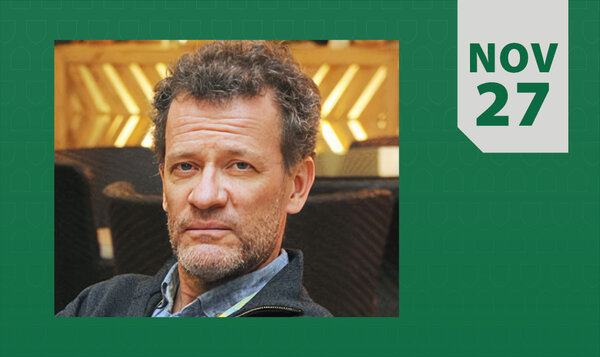
The international system is failing to prevent wars and conflicts in a timely manner
The next Political Studies Speaker Series features Exeter University researcher Dr. Robert Stewart (PhD)
Date: Thursday, March 9
Time: 6 pm
Location: Saskatoon Club
Date: Friday, March 10
Time: 1 pm
Location: Ward Library, Arts Building
These events are free and open to the public. Both talks can be attended independently or together as they cover different aspects of the same problem.
Conflict prevention and resolution has been a central concern of the international system for many years, most famously articulated in article 1 of the United Nations Charter. And yet the number of ongoing wars and conflicts and in particular the long average duration of many modern armed conflicts—over 70 years of conflict between Israel and Palestine and of dispute over Kashmir, over 30 in Somalia, DR Congo and Iraq, over 10 in Libya and Syria, and approaching 10 in Yemen and Ukraine— underlines that the existing system is failing to effectively prevent or resolve conflicts in a timely manner.
Dr. Robert Stewart (PhD) is a professional social science researcher, evaluator and analyst, whose work focuses on international humanitarian and development programming and with a particular specialisation in fragile and conflict-affected states. He is a researcher at McGill University and Exeter University, and the director of the Merits Partnership.
Thursday, March 9 — This talk focuses on the question: Why?
Co-hosted by the Canadian International Council, this talk links research, policy and practice. Stewart will draw upon the findings of the ongoing Wars in our Time research project in arguing that the failure is about more than simply gridlock in the existing system but also an emphasis on conflict management, including through humanitarian aid but also via negotiations, sanctions and peacekeeping missions.
Further, approaches that do produce strong results – for example local level initiatives that include women peacebuilders – are under emphasised and systematically under resourced. He will conclude by pointing the way forward to improve the existing system, including areas for further research.
Friday, March 10 — This talk focuses on the question: How do we fix it?
In this talk, Stewart will draw upon the findings of the ongoing Wars in our Time research project in briefly showing why this is the case – for example the tendency to "manage" conflicts – before focusing upon exploring ways forward to improve the existing system. This will include outlining areas where promising new approaches to conflict prevention and resolution are bearing fruit and areas where further research is needed; and, the barriers to implementing change, including institutional, perceptual and psychological, as well as how these might be overcome.
The Political Studies Speaker Series is presented by the Department of Political Studies.


